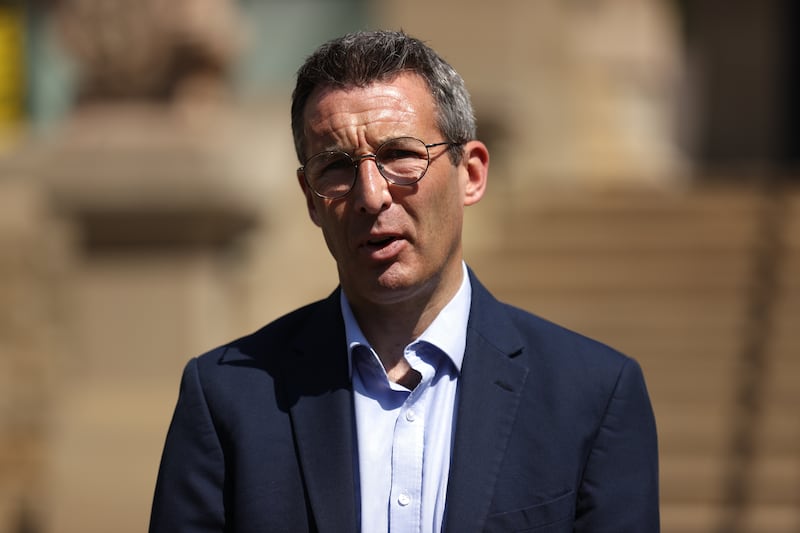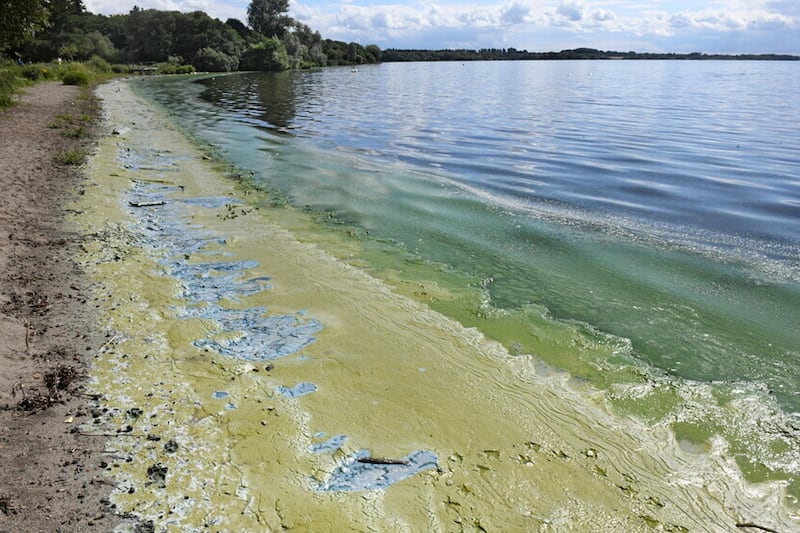The PSNI, local councils and health trusts are among the north’s public bodies that will be required to report on their carbon emissions and provide details on reducing them under new regulations aimed at tackling climate change.
Forty bodies must begin gathering details on their carbon footprint under regulations taking effect from next month, and they are required to submit their first report to the Department of Agriculture, Environment and Rural Affairs (DAERA) in October next year.
The regulations were announced by DAERA minister Andrew Muir on Monday and are in line with duties under the Climate Change Act (Northern Ireland) 2022.

The organisations required to report must also detail how they will tackle their risks and impacts from climate change.
The measures have been announced following Executive approval and an extended 13-week public consultation period.
Only large-sized public bodies are included under the requirements, as they are considered to be the biggest carbon emitters.
“These regulations are a positive milestone in delivering on our obligations in relation to the Act and reporting will give bodies an opportunity to show continued leadership on climate action within the public sector, providing positive examples and shared learning of what effective climate action can deliver,” Mr Muir said.
“Many public bodies are already gathering some climate change data, but requirements to report under these regulations brings structure, transparency and comparability to that process and will allow sharing of experience and expertise across public bodies which is of benefit to all of us.”
The minister added: “It is important that all public bodies take action to reduce emissions, recognise the impacts of climate change on their functions and have a clear plan in place to reduce these risks and manage impacts.
“These regulations will put in place a climate change reporting framework for the specified public bodies, which can enable them to take informed, and timely climate action.
“This will make those bodies more sustainable and will give them the opportunity to provide a positive example and exploit the opportunities that early and effective climate action can deliver.”







